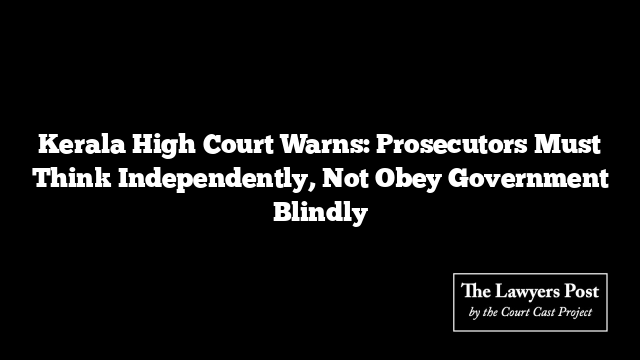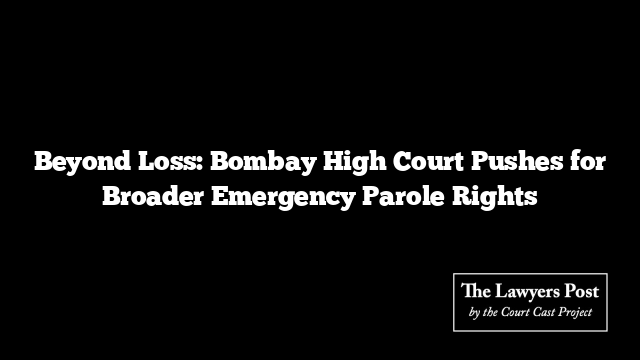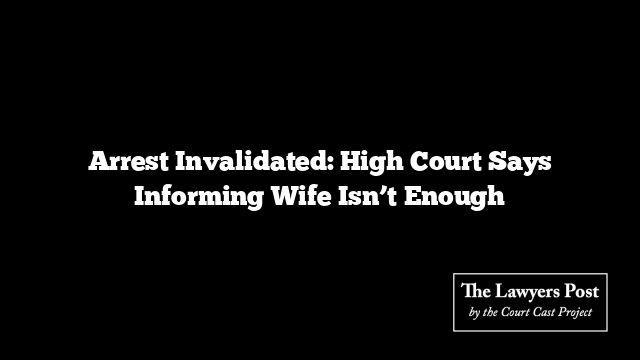The Kerala High Court has sharply reminded public prosecutors of their duty to think independently and not simply act as obedient messengers for government instructions when seeking case withdrawals. The court emphasized that decisions must prioritize the broader public interest rather than political or external influences.
Justice K Babu highlighted that while Section 321 of the Code of Criminal Procedure (CrPC) permits case withdrawals with judicial approval, it requires prosecutors to make thoughtful, independent evaluations of the evidence before deciding. The court stressed that prosecutors must not submit withdrawal applications automatically based on government directives but instead scrutinize whether such a move genuinely serves justice and public welfare.
“The prosecutor must be personally convinced that withdrawal is justified and aligns with public interest. Even if the government desires a case to be dropped, it is the prosecutor’s responsibility to examine all relevant material independently and ensure that the law is respected,” Justice Babu clarified.
This warning arose during a review of a case involving Muhammed Ashraf, who faced accusations of abusing, threatening, and assaulting Sub-Inspector PV Nirmala of the Payyanoor police station. Ashraf allegedly made grave threats, boasting political immunity and even threatening to burn the officer. Charges against him included offenses like assault on a public servant, intent to outrage modesty, and criminal intimidation.
Despite these severe allegations, an assistant public prosecutor had moved to withdraw the case, an application that was promptly rejected by the trial court. The magistrate stressed the seriousness of the accusations and insisted the trial proceed.
Challenging the trial court’s decision, Ashraf approached the High Court. However, Justice Babu found evidence that government pressures had tainted the original withdrawal request, with the prosecutor failing to independently assess the case’s merits. The court ruled that withdrawal applications must articulate the rationale, showing good faith and thorough consideration of the facts.
Reinforcing the prosecutor’s duty to uphold the justice process, the High Court dismissed Ashraf’s petition, ordering the trial to move forward with urgency, aiming for resolution within three months. Additionally, the court instructed the High Court Legal Services Committee to appoint legal representation for the victim to ensure her rights are safeguarded.





